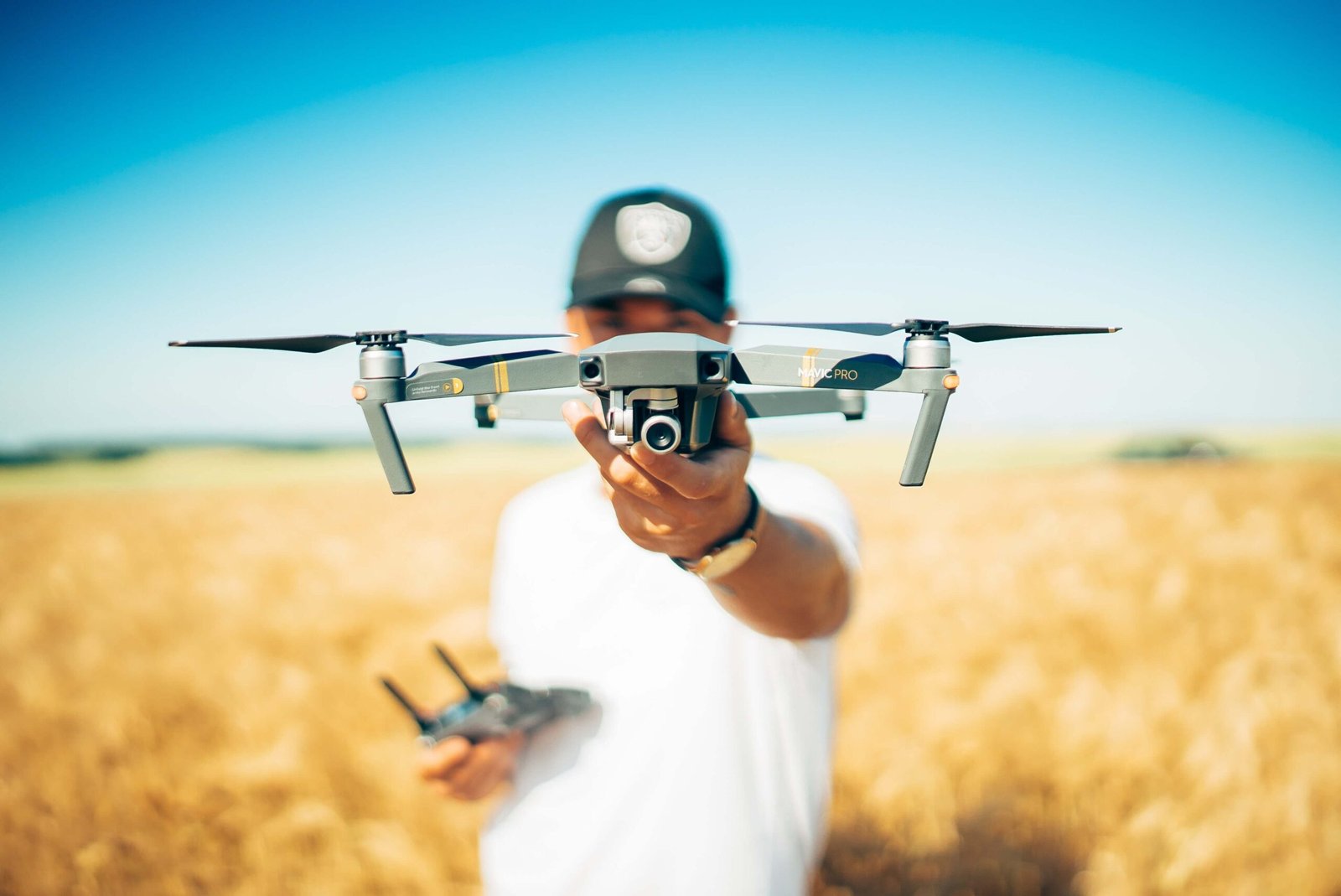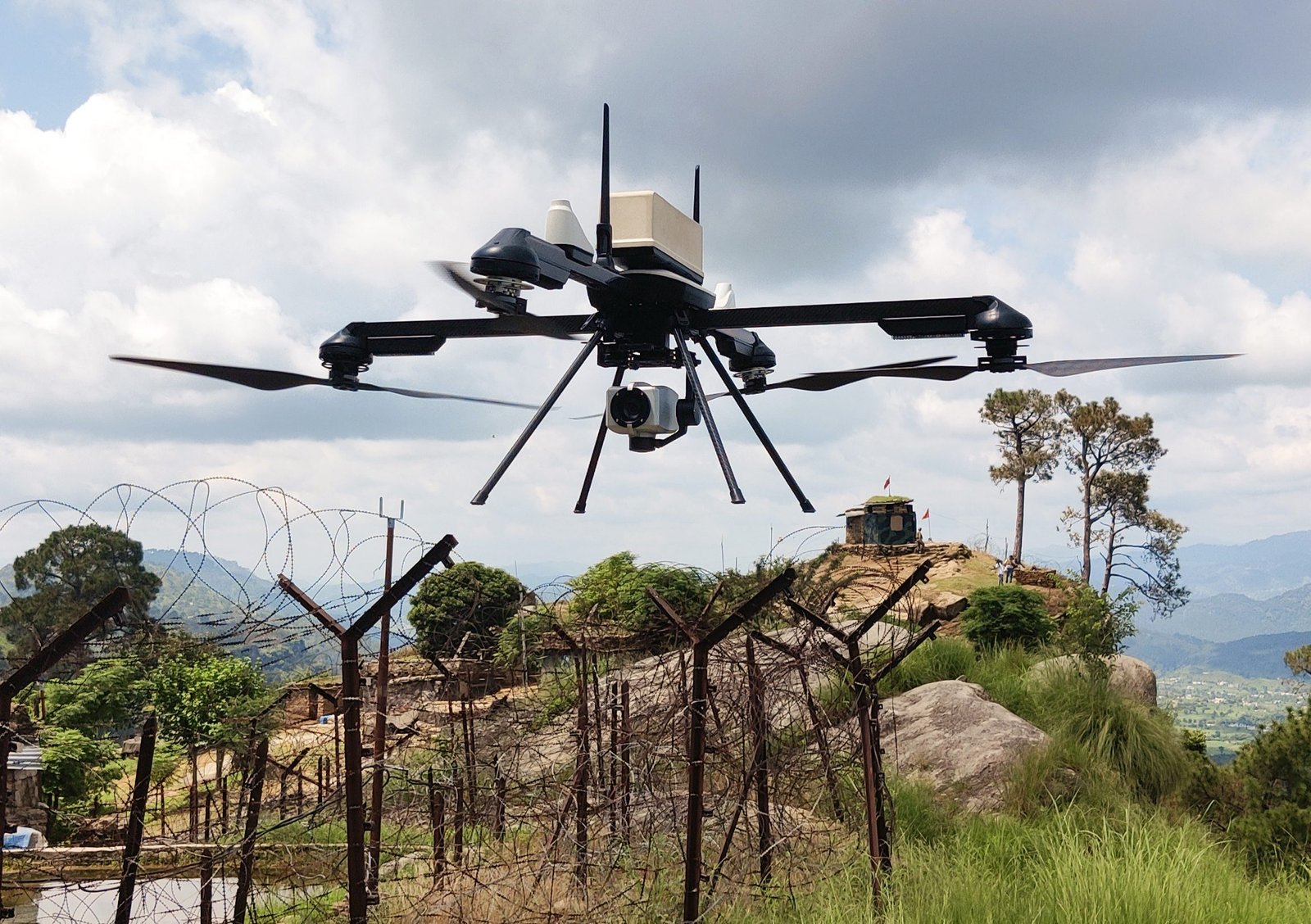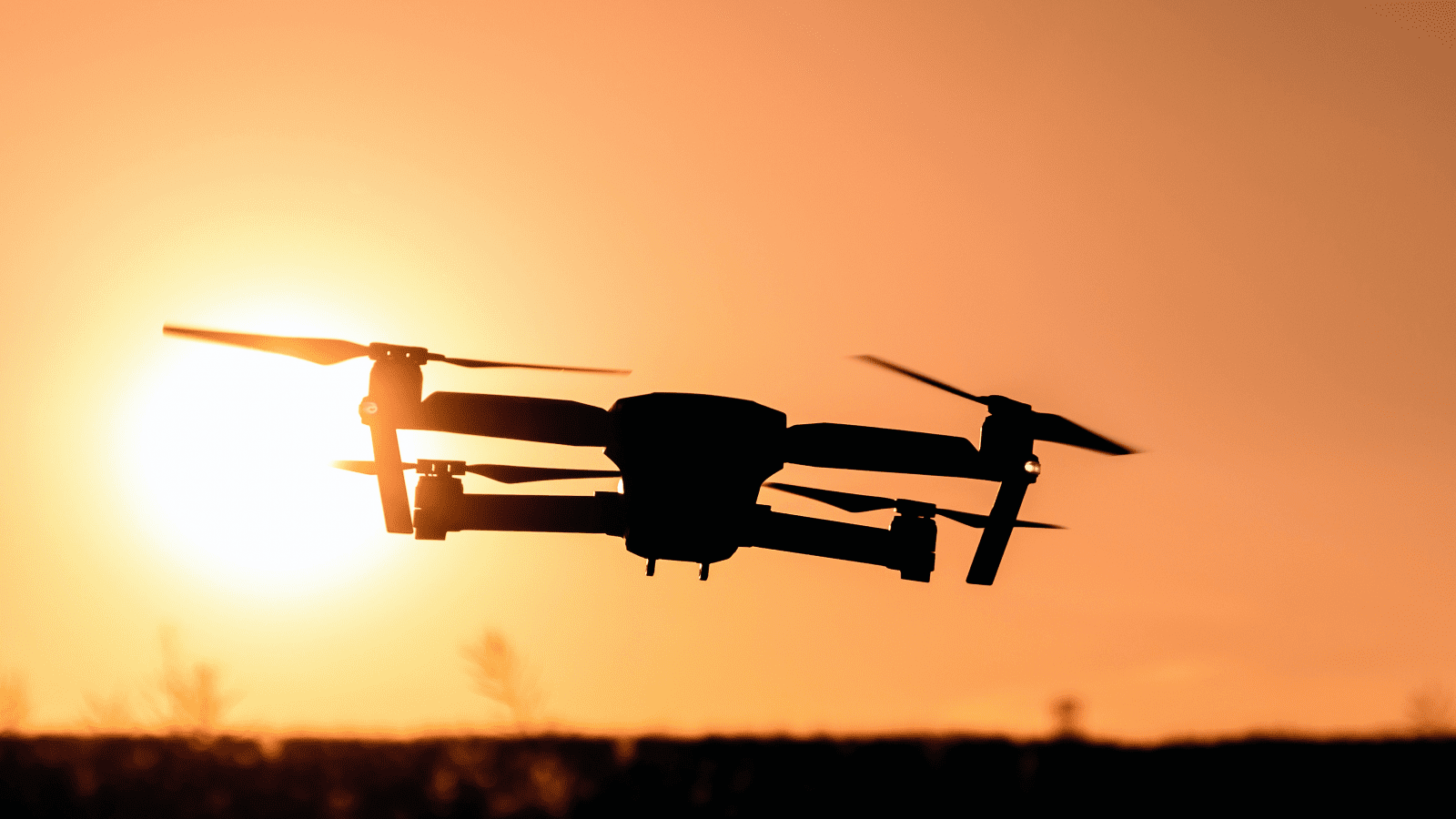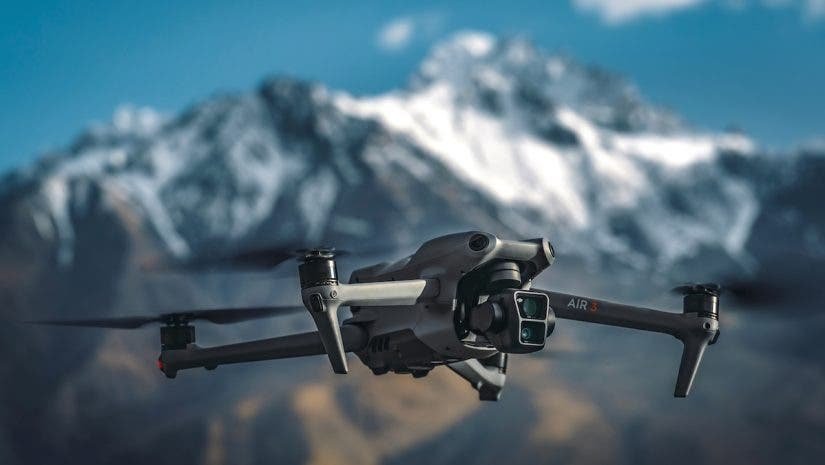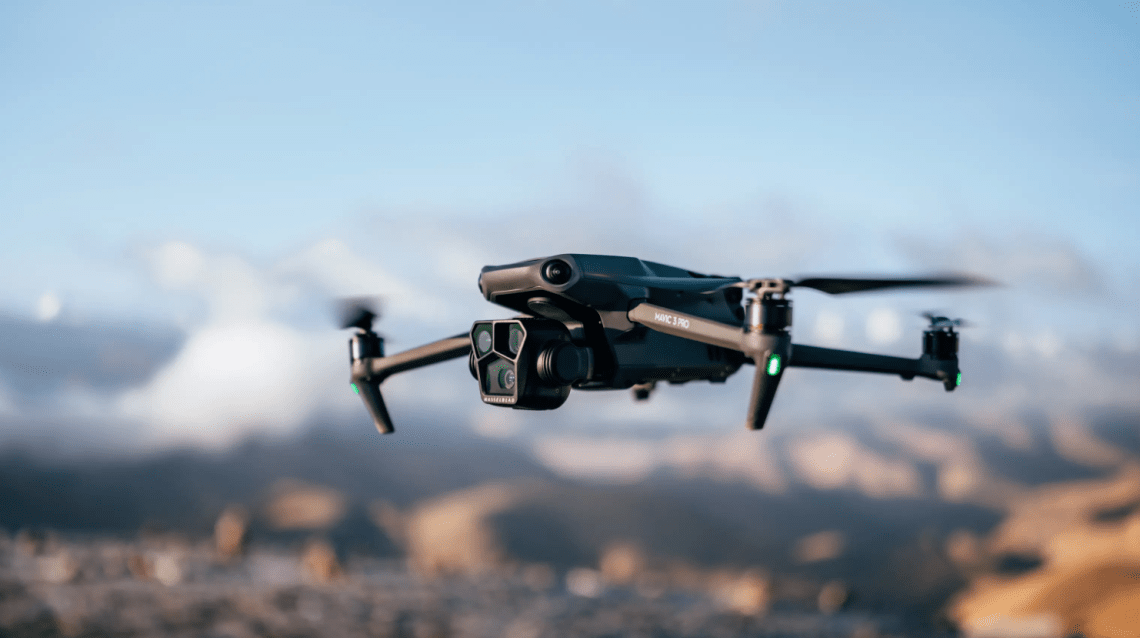One of the most common questions new drone enthusiasts ask is: “Do I need a license to fly a drone?” The answer isn’t as simple as yes or no – it depends entirely on how, where, and why you plan to use your drone. Understanding FAA requirements is crucial to avoid hefty fines and operate legally in U.S. airspace.
At Drone Universities, America’s premier drone training school with over 10 years of experience, we’ve helped thousands of pilots navigate these regulations. Our FAA Certified Flight Instructors break down the complex world of drone licensing into clear, actionable guidance.
The Short Answer: It Depends on Your Purpose
Recreational Flying: No license required, but you must follow specific rules Commercial Operations: FAA Part 107 Remote Pilot Certificate required Government/Public Safety: Certificate of Waiver or Authorization (COA) may be required
Let’s dive deep into each category to help you understand exactly what applies to your situation.
Recreational Drone Flying: No License, But Rules Apply
If you’re flying purely for fun, hobby, or personal enjoyment, you don’t need an FAA license. However, “license-free” doesn’t mean “regulation-free.”
What Qualifies as Recreational Flying?
Recreational purposes include:
- Flying for personal enjoyment
- Hobby photography (not for sale or business use)
- Learning to fly
- Flying with friends and family for fun
- Model aircraft activities
- Educational purposes (non-commercial)
Recreational Flying Requirements (No License Needed)
Registration Requirements:
- Drones weighing 0.55 to 55 pounds must be registered with the FAA
- Registration costs $5 and is valid for 3 years
- Registration number must be displayed on the aircraft
- Carry registration certificate during flights
Operating Rules for Recreational Flights:
- Altitude Limit: Maximum 400 feet above ground level
- Visual Line of Sight: Maintain unaided visual contact with drone
- Airspace Restrictions: Avoid controlled airspace without authorization
- Airport Proximity: Follow specific distance requirements
- No Flying Over People: Avoid crowds and groups of people
- Daylight Operations: Fly only during daylight hours
- Speed Limit: Maximum 100 mph (87 knots)
- Weather Minimums: 3 miles visibility, stay clear of clouds
TRUST Test Requirement: All recreational drone pilots must pass the TRUST (The Recreational UAS Safety Test) – a free online test covering basic safety and regulations. While not technically a “license,” this knowledge test is mandatory for recreational operations.
Common Recreational Flying Mistakes
What Turns Recreational into Commercial:
- Selling photos or videos taken with your drone
- Using drone footage for any business purpose
- Flying for a business, even without direct payment
- Providing drone services to others
- Real estate photography, even for friends
- Any flight that furthers a business purpose
Commercial Drone Operations: FAA Part 107 License Required
Any drone operation conducted for business purposes, compensation, or furthering a business requires an FAA Part 107 Remote Pilot Certificate.
What Qualifies as Commercial Operations?
Commercial purposes include:
- Aerial photography/videography for sale
- Real estate photography and marketing
- Construction site monitoring and inspections
- Agricultural crop monitoring
- Insurance damage assessments
- Wedding and event photography
- Search and rescue operations (if compensated)
- Infrastructure inspections
- Mapping and surveying services
- Film and television production
- Any operation that generates income or furthers business interests
FAA Part 107 License Requirements
Eligibility Requirements:
- Age: Minimum 16 years old
- Language: Read, speak, write, and understand English
- Physical/Mental Condition: Able to safely operate a small UAS
- Knowledge Test: Pass FAA Part 107 exam with 70% or higher
- Background Check: TSA security screening
The Part 107 Knowledge Test:
- 60 multiple-choice questions
- 2-hour time limit
- Cost: $175 (testing fee)
- Passing score: 70% (42 correct answers)
- Retake: After 14-day waiting period if failed
Certificate Validity:
- Valid for 24 calendar months
- Must complete recurrent training every 24 months
- Temporary certificate issued immediately upon passing
- Permanent certificate mailed within 2-3 weeks
Part 107 Operating Privileges and Limitations
What Part 107 Allows:
- Commercial drone operations nationwide
- Operations in controlled airspace (with authorization)
- Flight over people (under specific conditions)
- Night operations (with proper training/equipment)
- Operations from moving vehicles (limited circumstances)
Standard Operating Limitations:
- Maximum Altitude: 400 feet AGL (higher near structures)
- Visual Line of Sight: Must maintain unaided visual contact
- Daylight Operations: 30 minutes before sunrise to 30 minutes after sunset
- Weather Minimums: 3 SM visibility, clear of clouds
- Maximum Speed: 100 mph (87 knots)
- People Restrictions: Limited operations over people
Government and Public Safety Operations
Government entities and public safety organizations may operate under different rules:
Certificate of Waiver or Authorization (COA):
- Required for government operations
- Allows operations beyond Part 107 limitations
- Typically for law enforcement, emergency response, military
Public Aircraft Operations:
- Different certification requirements
- May operate under COA instead of Part 107
- Specific training and operational procedures required
Special Cases and Exceptions
Flying Someone Else’s Drone
Recreational: Anyone can fly recreationally registered drone Commercial: Only licensed Remote Pilot in Command can operate commercially, but others may assist under direct supervision
International Operations
U.S. licenses don’t automatically apply internationally. Each country has its own drone regulations and licensing requirements.
Drone Weight Categories
Under 0.55 lbs (249 grams):
- No registration required for recreational use
- Still subject to operating rules and airspace restrictions
- Part 107 still required for commercial operations
0.55 to 55 lbs:
- Registration required for recreational use
- Part 107 required for commercial operations
- Most consumer and professional drones fall in this category
Over 55 lbs:
- Requires special airworthiness certificate
- More complex certification process
- Typically industrial or specialized aircraft
Penalties for Flying Without Required License
The FAA takes unlicensed commercial operations seriously:
Civil Penalties:
- Up to $27,500 per violation for individuals
- Up to $275,000 per violation for businesses
- Criminal penalties possible for serious violations
Common Enforcement Actions:
- Operating commercially without Part 107 certificate
- Flying in restricted airspace without authorization
- Reckless operation endangering people or property
- Failing to register aircraft when required
Getting Your Part 107 License: The Smart Way
While you can attempt to study for the Part 107 exam independently, the complexity of aviation regulations and the cost of failure make professional training a wise investment.
Why Choose Drone Universities for Part 107 Training?
America’s #1 Drone Training School:
- Guaranteed Pass Rate: We guarantee you’ll pass your Part 107 exam
- Expert Instructors: FAA Certified Flight Instructors with 150+ years combined experience
- Hands-On Training: Learn with actual drones, not just theory
- Comprehensive Curriculum: 100% FAA compliant, developed by pilots for pilots
- Nationwide Availability: Training in 50+ cities, 7 days a week
- Career Support: Job placement assistance and industry connections
- Proven Track Record: Over 10 years training commercial drone pilots
Our Training Advantage:
- Real-world application focus beyond just passing the exam
- Practical flight experience with professional equipment
- Industry-specific training for various commercial applications
- Ongoing support throughout your drone career
- Connections with employers across all drone industry sectors
Training Options Available
Core Part 107 Training:
- Comprehensive exam preparation
- Hands-on flight training
- Real-world scenario practice
- Sectional chart reading
- Weather interpretation
- Airspace navigation
Advanced Specialization Courses:
- Drone Photography/Videography: Master aerial cinematography
- Drone Mapping/GIS: Professional surveying techniques
- Industrial Inspections: Infrastructure and facility assessments
- Agricultural Applications: Crop monitoring and precision agriculture
- Public Safety Operations: Emergency response and law enforcement
Frequently Asked Questions
Do I need a license for a toy drone?
If it weighs under 0.55 lbs and you’re flying recreationally, no license or registration is required. However, you must still follow FAA operating rules and airspace restrictions.
Can I fly my drone anywhere if I have a Part 107 license?
No. Part 107 licenses allow commercial operations but don’t override airspace restrictions, local laws, or property rights. You still need authorization for controlled airspace and must respect no-fly zones.
What if I’m just posting drone videos on social media?
If you’re monetizing the content (through ads, sponsorships, or direct payment), it becomes commercial and requires Part 107 certification. Simply posting for likes isn’t commercial, but earning money from it is.
How long does it take to get a Part 107 license?
With proper training from Drone Universities, most students are ready for the exam within 1-2 weeks. The entire process from training to receiving your permanent certificate typically takes 6-8 weeks.
Can I use my Part 107 license in other countries?
Each country has its own drone regulations. Your U.S. Part 107 certificate doesn’t automatically grant flying privileges internationally, though some countries have reciprocal agreements.
What’s the difference between Part 107 and recreational flying rules?
Part 107 allows commercial operations with more flexibility in some areas (like controlled airspace access) but has stricter requirements for certification and recurrent training. Recreational flying has simpler rules but prohibits any commercial activity.
Making the Right Choice for Your Drone Goals
Choose Recreational (No License) If:
- Flying purely for personal enjoyment
- Not earning money from drone activities
- Comfortable with more restrictive operating rules
- Don’t need controlled airspace access
Choose Part 107 License If:
- Planning any commercial drone activities
- Want maximum operational flexibility
- Interested in drone career opportunities
- Need to operate in controlled airspace regularly
- Want to offer drone services to others
Beyond Basic Licensing: Building a Drone Career
Getting your Part 107 license opens doors to a rapidly expanding industry. The drone sector is projected to create over 100,000 jobs and contribute $82 billion to the U.S. economy in the next decade.
High-Demand Career Opportunities:
- Agricultural Services: $75,000-$120,000 annually
- Industrial Inspections: $60,000-$100,000 annually
- Aerial Photography: $40,000-$80,000 annually
- Public Safety Operations: $50,000-$90,000 annually
- Construction Services: $55,000-$85,000 annually
- Mapping and Surveying: $65,000-$110,000 annually
Conclusion: Navigate Drone Regulations with Confidence
Understanding whether you need a drone license is the first step toward safe, legal, and successful drone operations. While recreational flying offers a license-free entry point, the real opportunities lie in commercial operations – and that requires proper Part 107 certification.
Key Takeaways:
- Recreational flying: No license required, but registration and rules apply
- Commercial operations: Part 107 Remote Pilot Certificate mandatory
- Professional training: Significantly increases success rates and career prospects
- Ongoing education: Regulations evolve, and successful pilots stay current
Ready to Start Your Licensed Drone Journey?
Don’t navigate the complex world of drone regulations alone. Drone Universities has successfully trained thousands of commercial drone pilots with our proven curriculum and expert instruction.
Why Wait? Start Your Drone Career Today:
- Guaranteed Part 107 exam success
- Hands-on training with professional equipment
- Career placement assistance
- Training available nationwide, 7 days a week
- Expert support from FAA Certified Flight Instructors
Call 1.818.255.0406 – Speak to a live person 24/7
Visit our website to find training in your area and take the first step toward becoming a licensed, professional drone pilot. Whether you’re starting as a hobbyist or jumping straight into commercial operations, Drone Universities provides the expert training you need to succeed.
The sky’s the limit – but only with the right license and training to get you there safely and legally.



